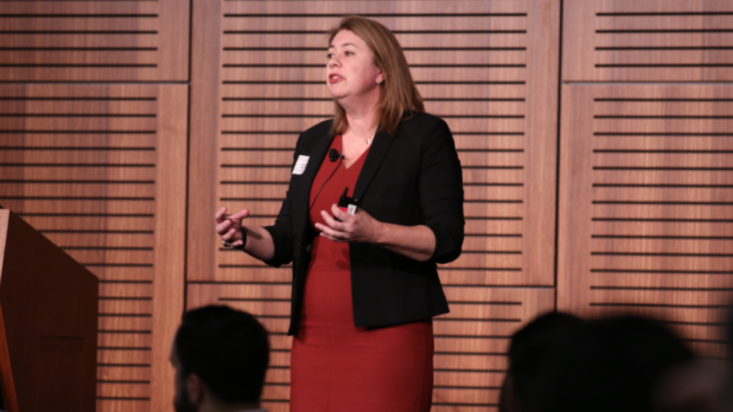The 6 ways policymakers can fix advice in the 2024/25 budget: FAAA
This year’s upcoming federal budget provides a prime opportunity for the government to implement key changes to policy settings around financial advice, with half a dozen amendments – separate from those in the Quality of Advice Review reforms – having the potential to significantly reduce costs and have a positive impact according to the Financial Advice Association of Australia (FAAA).
In its pre-2024/25 budget submission, which the government has not released but the FAAA circulated Wednesday, the association called for more fairness around both the ASIC funding levy and the proposed Compensation Scheme of Last Resort (CSLR), as well as more clarity around the tax deductibility of financial advice.
Other improvements put forward by the FAAA include enabling adviser access to the Australian Tax Office’s online portal, providing price relief for the financial adviser exam and ditching proposed changes to Reduced Input Tax Credits for advice fees.
None of the six proposals are new, with each sitting on the FAAA’s lobby agenda for at least a short amount of time. But the collation of issues is an important marker for how many areas of advice legislation still need improvement for the industry to thrive.
Fair funding model
The call for a fairer ASIC funding levy, in particular, is an issue that has only escalated since its inception in 2017. The annual levy has increased exponentially; after a temporary hiatus on increases concluded the financial advice subsector paid $47.6 million last year, which equated to $2,818 per adviser or triple the original cost.
There are several “moral hazards” inherent in the government’s Industry Funding Model, the FAAA argues. The first is that the vast majority of advisers, who are compliant, must pay the enforcement costs for those that aren’t compliant and often no longer operating – including major banks that left the industry altogether. Another is that even when ASIC successfully pursues enforcement action and fines are paid, there is no reduction in the levy.
“ASIC takes no risk by instituting enforcement action, because advisers fund all enforcement whether successful or not, and have no say or insight into how their money is spent,” the FAAA states. “It is public knowledge that government currently makes a substantial profit from ASIC – funded in no small part by the compliant small advice businesses of Australia.”
A third issue with the adviser levy is that compliant advisers end up paying for the enforcement cost of actions against fraudsters posing as advisers. The association used the example of Melissa Caddick, who stole an estimated $27 million while posing as a registered financial adviser. “The Melissa Caddick matter alone cost the advice profession $687,852 in the 2022/23 financial year, and yet her activities would more accurately be described as running a Ponzi Scheme rather than providing advice,” it stated.
Treasury has already recommended a suite of changes to the industry funding model; these changes should be reviewed and implemented, the association says, before the levy for next year is finalised.
Compensation and tax
The FAAA extends the issue of fairness in advice oversight to both the CSLR and the long-running debate over tax deductibility.
The CSLR, which advisers must contribute to so that the Australian Financial Complaints Authority can make payments on a last-resort basis if consumer determinations remain unpaid, fails the fairness test because it does not include Managed Investment Schemes, the FAAA argues. These schemes are the cause of a “large number” of unpaid determinations, the association says, and should bare some of the cost.
“We remain concerned that over time the costs of the scheme may become prohibitive for financial advisers to sustain. In fact, the scheme is launching at a time when a major failure has already occurred…” the association states, noting the notorious Dixon Advisory scandal.
The ongoing debate about the ongoing deductibility of advice fees also continues to pervade policy discussion. The FAAA recently worked with the ATO to update Tax Determination 95/60, which was previously the core guidance on the matter, and while the subsequent draft determination paves the way for deductibility there is still work to do.
“The current draft Tax Determination (2023/D4) is a great improvement which better recognises the role that financial advisers play in assisting clients with their tax affairs, and we hope it will be finalised soon,” the association says. “Whilst the direction of this is positive, the changes are constrained by current laws and thus will still fall a long way short from the desired position of full deductibility of the cost of financial advice.”











